Ambiguous: Word Meaning, Examples, Origin & Usage in IELTS
5 min read
Updated On
-
Copy link
The word ‘ambiguous’ means ‘having or expressing more than one possible meaning, sometimes intentionally’. Explore the history, usage, synonyms, and antonyms of the word and practice using it to improve your IELTS vocabulary for a Band 7 and above score.
Table of Contents

Limited-Time Offer : Access a FREE 10-Day IELTS Study Plan!
When preparing for the IELTS exam, clarity and precision in language are vital. However, English is full of words that express uncertainty and multiple meanings. One such powerful word is ‘ambiguous’, which you should include in your IELTS vocabulary words list for Band 8 or 9.
In this blog, we will explore the meaning, origin, history, synonyms and antonyms of the word and proper usage of the term ‘ambiguous’ within the context of IELTS, solidifying our understanding through practical exercises.
Meaning of Ambiguous
- Pronunciation: /æmˈbɪgjəwəs/ (sounds like am·buh·gyoo·uhs)
The word ‘ambiguous’ is an adjective that refers to something having more than one possible meaning or not clearly defined. It often suggests confusion, vagueness, or a situation that can be interpreted in multiple ways.
For example, an ambiguous statement may leave listeners unsure of what the speaker truly meant. This makes it useful for expressing uncertainty or complexity, particularly in essays discussing topics like media, ethics, or law.
History and Origin of Ambiguous
Understanding the origin of a word often deepens your appreciation of its meaning. ‘Ambiguous’ originates from Latin and has evolved through centuries of linguistic adaptation. The idea of ‘ambiguity’ dates back to ancient rhetoric and philosophy, where scholars studied how unclear language could shape persuasion, misunderstanding, and art.
|
Language |
Original Word |
Meaning |
|---|---|---|
|
Latin |
ambiguus |
Having double meaning, wavering |
|
Latin Root |
ambigere |
To go around, to be uncertain (‘amb-’ = around, ‘agere’ = to drive, to act) |
|
Middle English |
ambigous |
Open to multiple interpretations |
Usage & Examples of Ambiguous
Let us look at some example sentences where the word ‘ambiguous’ has been used in its adjective form.
- The politician’s response was deliberately ambiguous, allowing different audiences to interpret it in their own way.
- Her facial expression was ambiguous, revealing neither approval nor disapproval.
- The plot is ambiguous, which contributes to the huge success of the movie.
- The government is denounced due to its ambiguous laws.
- The legislation was ambiguously worded.
Book a FREE IELTS online class to learn how to maximize your word power for IELTS!
IELTS Usage of ‘Ambiguous’
In the IELTS Writing and Speaking exams, ‘ambiguous’ can add depth when discussing issues like communication breakdown, interpretation, or media influence. Given below are examples of the usage of the word in IELTS Speaking and Writing Task 2.
IELTS Writing Task 2
- Question: Some people believe social media improves communication, while others think it makes people more isolated. What is your opinion?
- Answer Excerpt: Although social media was designed to connect people, its impact on real communication remains ambiguous. While some users form meaningful relationships online, others experience loneliness and superficial interaction.
IELTS Speaking Part 3
- Question: Why do you think some people give ambiguous answers in conversations?
- Sample Answer: “Sometimes people use ambiguous language to avoid direct confrontation or commitment. It gives them flexibility to change their stance later, especially in sensitive discussions.”
Book a FREE demo to talk to our experts and boost your IELTS vocabulary now!
Synonyms of Ambiguous
You will find some close synonyms for IELTS Writing and Speaking of the word ‘ambiguous’, each explained with a sample sentence, in the table below.
|
Synonym |
Meaning |
Example Sentence |
|---|---|---|
|
Vague |
not clearly expressed, known, or decided |
Her answer was too vague to draw any conclusion. |
|
Equivocal |
open to more than one interpretation; intentionally misleading |
The witness gave an equivocal reply to avoid taking sides. |
|
Unclear |
difficult to understand or not easy to see |
The teacher’s handwriting was so unclear that students struggled to read it. |
|
Cryptic |
having a meaning that is mysterious or obscure |
He left a cryptic message on my desk that puzzled everyone. |
|
Obscure |
not well known or expressed in a way that’s hard to understand |
The poet used obscure imagery that baffled his readers. |
Want to ace your IELTS exam using a wide vocabulary?
Begin with our Vocabulary for IELTS!
Antonyms of Ambiguous
The table given below lists some antonyms of the word ‘ambiguous’ that you can include in your word bank and boost your IELTS vocabulary.
|
Antonym |
Meaning |
Example Sentence |
|---|---|---|
|
Clear |
easy to understand or free from confusion |
Her directions were perfectly clear, leaving no room for doubt. |
|
Definite |
clearly stated or decided; not vague |
The company made a definite promise to improve working conditions. |
|
Explicit |
stated clearly and in detail, leaving no confusion |
The teacher gave explicit instructions for the assignment. |
|
Certain |
known for sure; having no doubt |
It’s certain that the new law will impact local businesses. |
|
Transparent |
easy to perceive or detect; open and honest |
The process should be transparent to gain public trust. |
Participate in FREE online webinars to improve your IELTS vocabulary for success!
Exercise to Master the Meaning of Ambiguous
Since you have gone through the meaning, origin, synonyms, and antonyms of the word ‘ambiguous’, it is time to solve the following exercise to help you strengthen your understanding of the word.
Exercise: Choose the correct option.
1 Which sentence uses ‘ambiguous’ correctly?
A The teacher gave an ambiguous explanation that left everyone confused.
B The teacher gave an ambiguous explanation that clarified every detail.
C The teacher’s ambiguous tone made the topic simple.
D The teacher’s ambiguous example was the most accurate one.
2 Which situation best reflects an ‘ambiguous’ response?
A Saying “Yes, I’ll definitely come tomorrow.”
B Saying “I might come, but I’m not sure yet.”
C Saying “No, I can’t attend.”
D Saying “I’ll call you after the meeting.”
3 Which of the following statements does NOT use ‘ambiguous’ correctly?
A His ambiguous facial expression made it hard to know if he was angry or amused.
B The novel’s ending was ambiguous, allowing readers to form their own conclusions.
C She gave an ambiguous answer that cleared up all the confusion.
D The contract’s ambiguous terms caused legal disputes later.
4 You are reading a story where a character smiles “ambiguously.” What does that most likely mean?
A The smile was warm and friendly.
B The smile expressed pure sadness.
C The smile showed obvious happiness.
D The smile was unclear — it could suggest several emotions.
5 In a business meeting, if someone says, “Our company’s future looks… interesting,” in an ambiguous tone, it most likely means:
A The person clearly believes the company will succeed.
B The person is certain about the company’s direction.
C The statement could mean either positive or negative — it’s unclear.
D The person wants to make everyone optimistic.
Answer Key
- A
- B
- C
- D
- C
To conclude, using ‘ambiguous’ in relevant contexts demonstrates your ability to use abstract and analytical vocabulary effectively and helps you achieve an IELTS band score of 7.0+. It beautifully captures the essence of uncertainty, multiple meanings, and communication. So next time you face a confusing situation or want to describe an unclear meaning, remember, ‘ambiguous’ is your word of choice to express it elegantly and effectively.
Useful Links:
Explore IELTS Resources

Start Preparing for IELTS: Get Your 10-Day Study Plan Today!
Check out other Word of the Day Articles
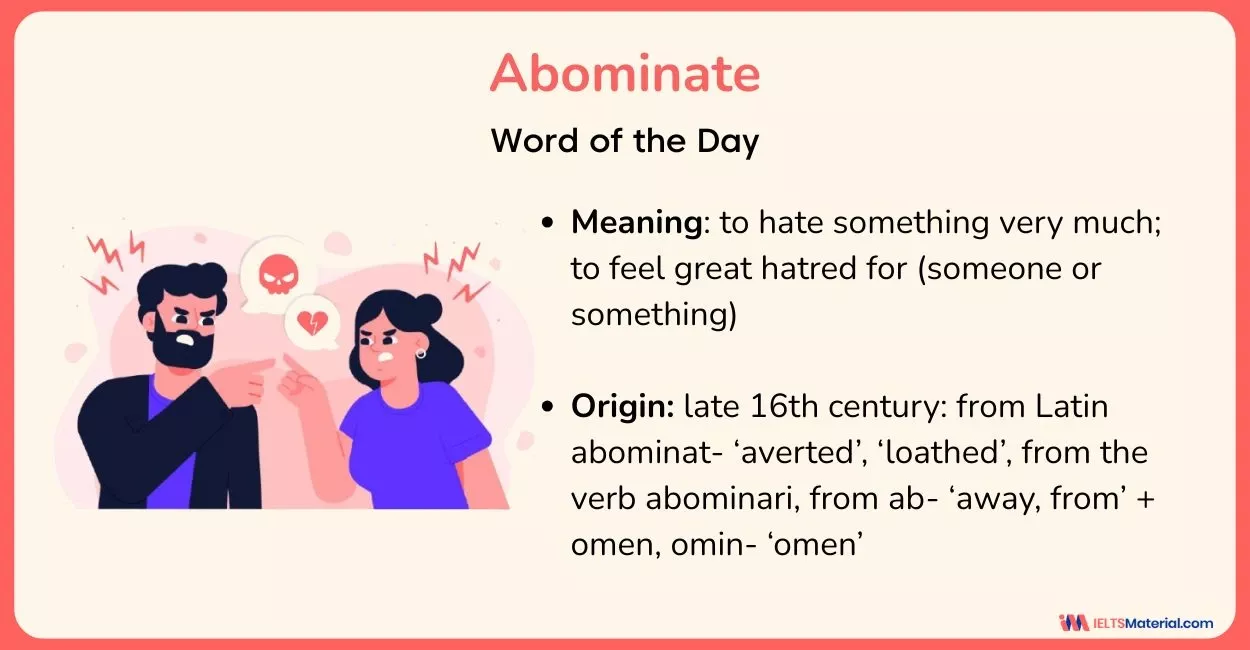
Haniya Yashfeen
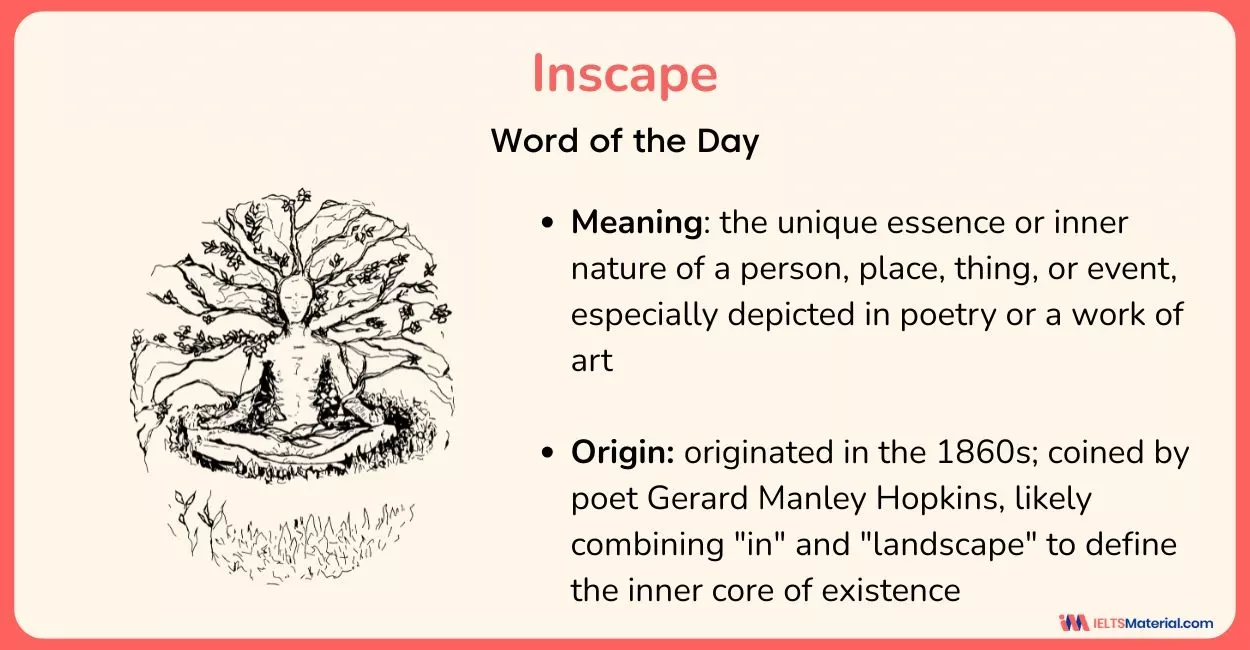
Prity Mallick
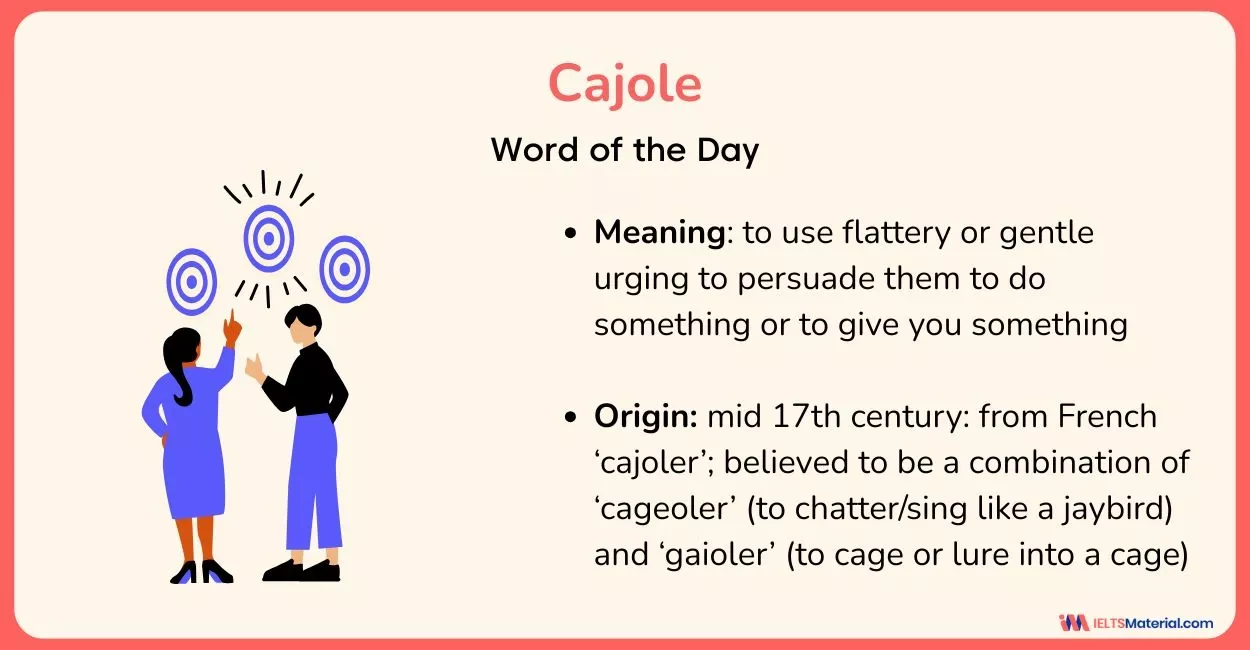
Prity Mallick
Recent Articles
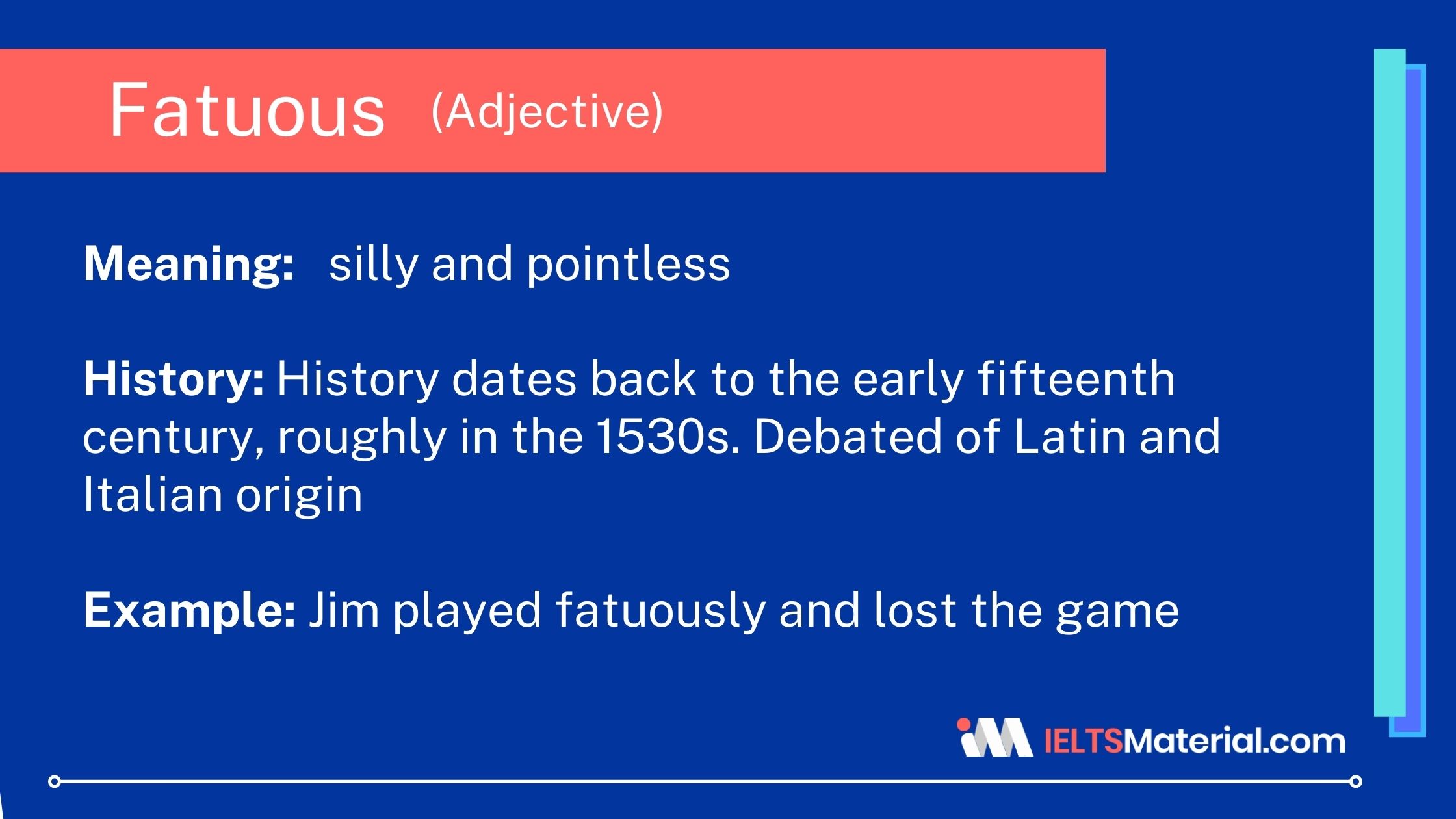
Kasturika Samanta
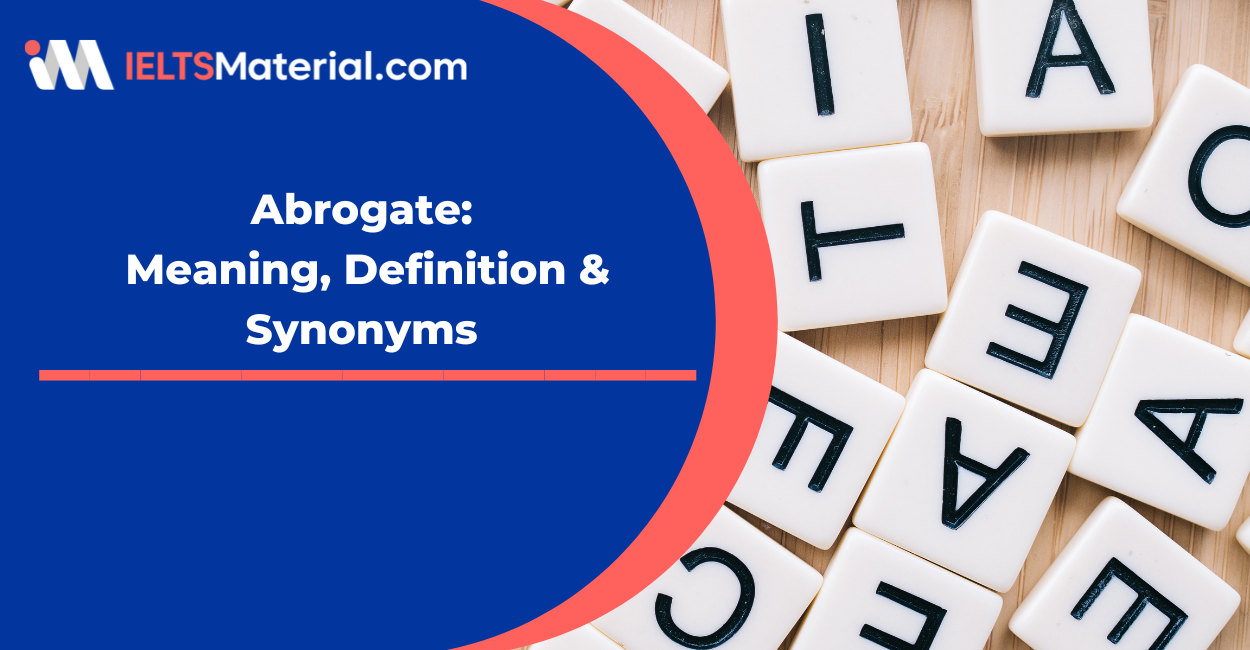
Kasturika Samanta
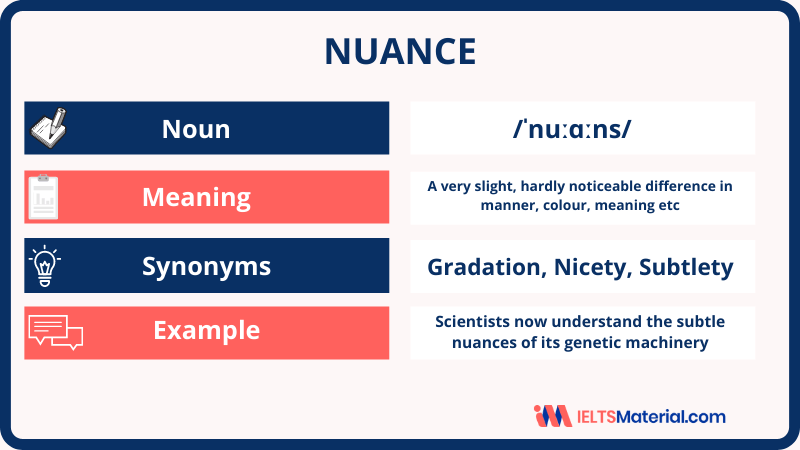
Kasturika Samanta
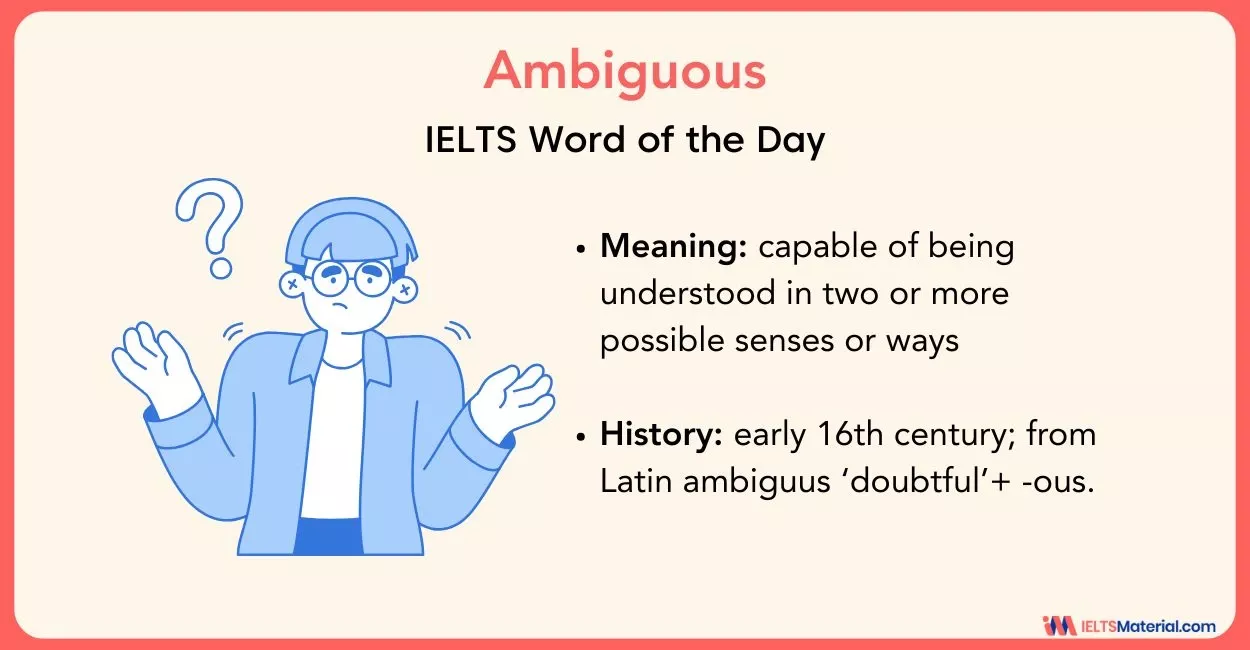

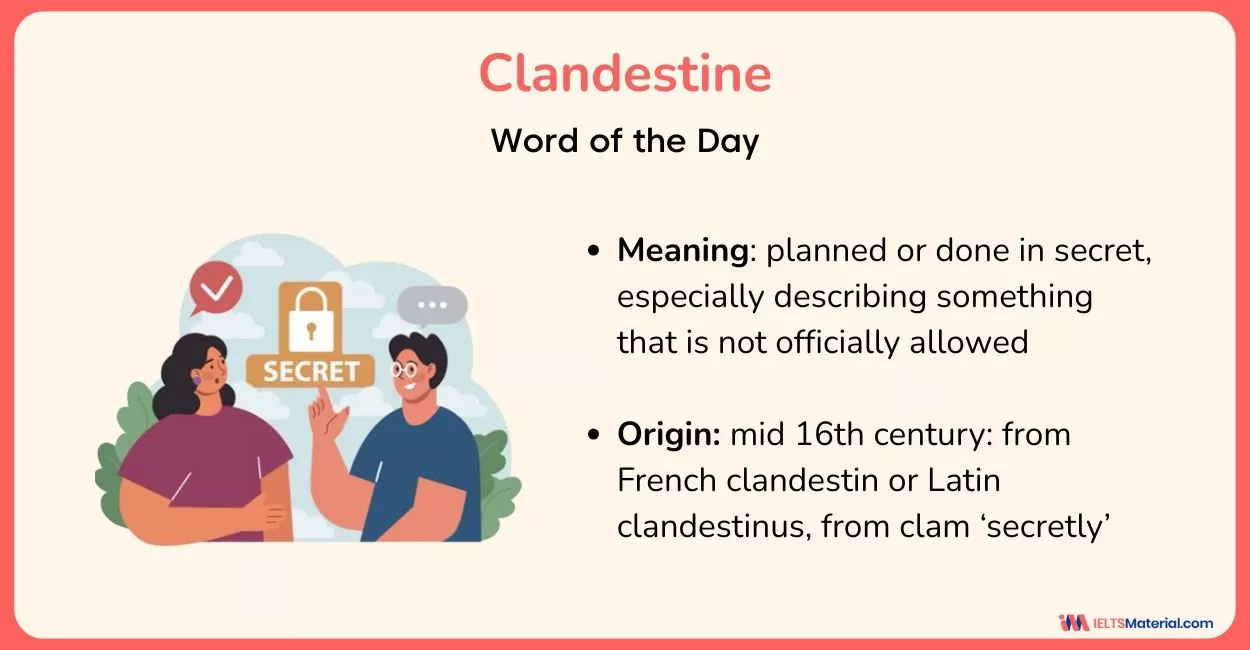
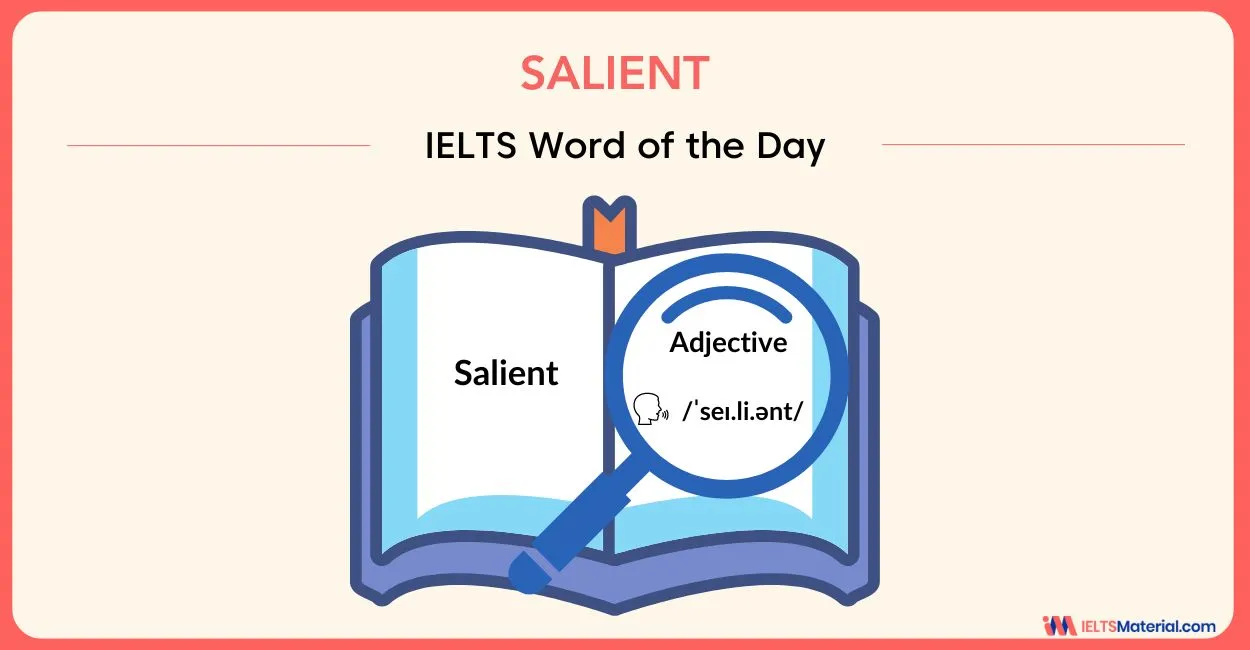


Post your Comments